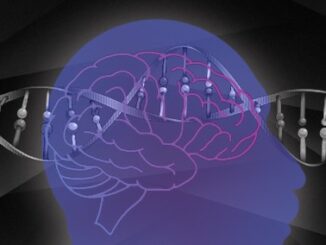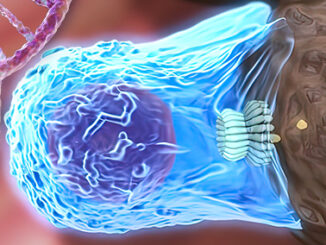Epigenetic Changes Dictate Cancer’s Course
Understanding the intricate interplay between genetics and cancer progression has long captivated the scientific community. While genetic mutations have been the main focal point in oncology, recent strides have illuminated the profound influence of epigenetic modifications in the development of cancer. In a recent study published in the journal Nature, Dr. Eduard Porta from the Josep Carreras Leukaemia Research Institute and his team have shed light on the pivotal role that epigenetics plays in steering cells on their journey from [more…]











